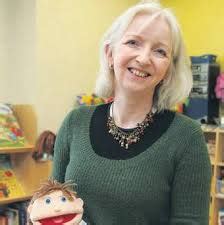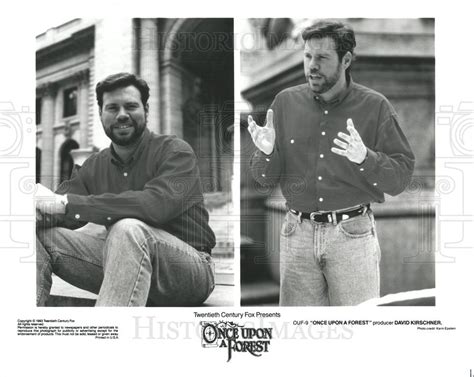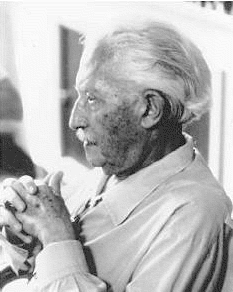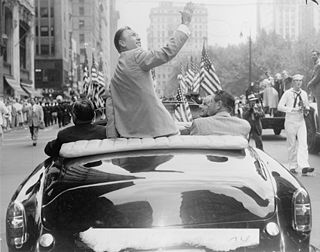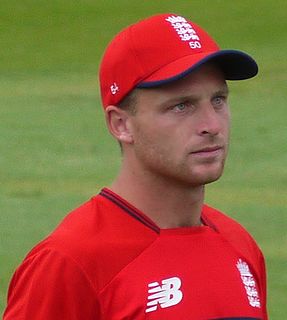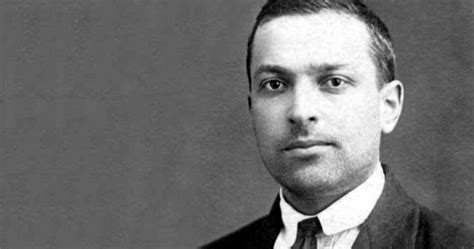A Quote by Daniel Goleman
Our brain comes hard-wired with an urge to play, one that hurls us into sociability. A child's play both demands and creates its own safe space, one in which she can confront threats, fears, and dangers, but always come through whole. Play offers a child a natural way to manage feared separations or abandonment, rendering them instead opportunities for mastery and self-discovery.
Related Quotes
No player in the NBA was born wanting to play basketball. The desire to play ball or to read must be planted. The last 25 years of research show that reading aloud to a child is the oldest, cheapest and must successful method of instilling that desire. Shooting baskets with a child creates a basketball player; reading to a child creates a reader.
You see a child play, and it is so close to seeing an artist paint, for in play a child says things without uttering a word. You can see how he solves his problems. You can also see what's wrong. Young children, especially, have enormous creativity, and whatever's in them rises to the surface in free play.
When speaking to parents, I encourage them to take their child(ren) to a children's museum and watch carefully what the child does, how she/she does it, what he/she returns to, where there is definite growth. Teachers could do the same or could set up 'play areas' which provide 'nutrition' for different intelligences... and watch carefully what happens and what does not happen with each child.
The smaller and younger kids are, the more patient you have to be. But if they're gifted, then it's a wonderful present that you're given by having a child like that in your film... more so than in the case of actors because, for example, if you ask them to play a lion, they don't then play a lion, they actually are a lion. So, a gifted child is something very special. On the other hand, if a child has no gifts in that way it's absolutely hopeless and there's nothing you can do!
In play, the child is always behaving beyond his age, above his usual everyday behaviour; in play he is, as it were, a head above himself. Play contains in a concentrated form, as in the focus of a magnifying glass, all developmental tendencies; it is as if the child tries to jump above his usual level.
There is a good deal of excellent research on child's play. It has shown conclusively that through play, with the freedom of action it allows and the stressless environment in which it occurs, children discover, relate to and define themselves and their world. ...It is, therefore, paradoxical that many educators and parents still differentiate between a time for learning and a time for play.

